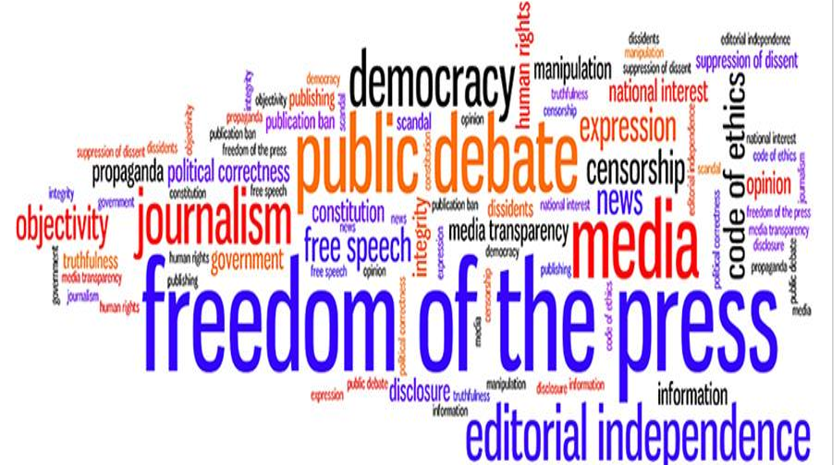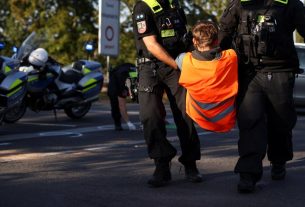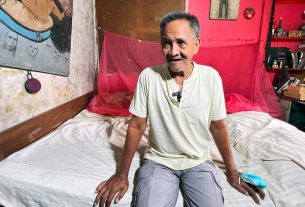Conakry, Guinea — Six months after the violent abduction of Guinean journalist Marouane Habib Camara, no trace of him has been found, and neither his family, colleagues, nor press freedom advocates have received any official information about his fate or whereabouts. The continued silence from authorities has sparked growing domestic and international concern over the state of press freedom and human rights in Guinea.
Camara, a reporter for the independent news website Le Révélateur 224, was abducted on December 3, 2024, under circumstances widely believed to be politically motivated. Eyewitnesses reported that he was forcibly taken by unidentified individuals in civilian clothing in Conakry. Since then, there has been no confirmed communication, official investigation updates, or public statements from Guinean authorities regarding his disappearance.
In response to the prolonged silence, Reporters Without Borders (RSF) has mobilized an international campaign to demand accountability. More than 100 African journalists, media outlets, and press freedom organizations have joined the call, urging Guinean authorities to break their silence and conduct a transparent investigation into Camara’s disappearance.
Mounting Pressure on Authorities
“The silence is unacceptable,” RSF said in a recent statement. “The authorities must provide answers—not only for Camara’s family and colleagues but for the entire journalistic community in Guinea and Africa.”
Camara was known for his critical reporting on political developments, public governance, and civil rights issues in Guinea. At the time of his abduction, he had recently published articles addressing alleged abuses of power and mismanagement by state officials—topics that are increasingly dangerous to cover in the country’s shrinking media space.
Despite Guinea’s constitutional guarantees of press freedom, recent years have seen a rise in censorship, intimidation, and violence against journalists, particularly those perceived as critical of the military-led transitional government.
A Broader Climate of Impunity
Camara’s disappearance is not an isolated case. Human rights groups have documented a pattern of enforced disappearances, arbitrary detentions, and harassment of media professionals in Guinea, particularly since the September 2021 coup that brought Colonel Mamadi Doumbouya to power. Since then, several journalists and activists have reported surveillance, threats, or physical violence after publishing content critical of the regime.
The United Nations, the African Union, and international human rights organizations have been urged to apply diplomatic pressure to ensure the Guinean government upholds its obligations under international law, including the protection of journalists and the right to freedom of expression.
A Family Still Waiting
Camara’s family continues to live in anguish, with no information about whether he is alive or in detention. Local media unions have held vigils and issued repeated appeals for information, but no substantive response has been received.
In a country where trust in law enforcement and the judiciary remains low, Camara’s case has come to symbolize a broader struggle for transparency and accountability.
As the six-month mark passes, calls for justice are growing louder. RSF and its partners insist that the Guinean government must urgently disclose any information it holds, ensure a credible investigation, and commit to protecting journalists from intimidation and violence.
Excerpts from article by Reporters Without Borders



